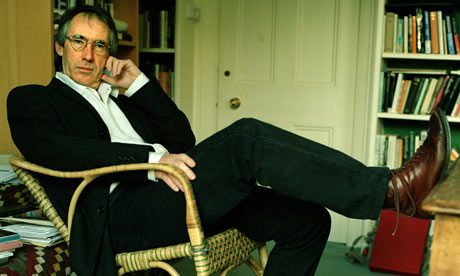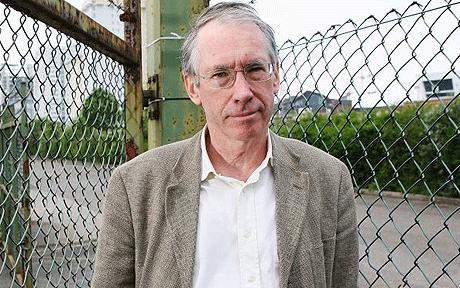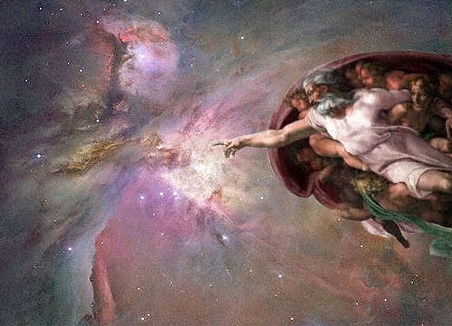
Let Ian McEwan explain his novel and read an interview with Ian McEwan. The following is an abbreviated version of an interview that ran on the NPR affiliate KUSP on February 16th, 1998 and 12:00 pm. Eric Schoeck is the Capitola Book Café Events Coordinator. Read the whole thing here.
The randomness of fate seems to be one of the most important parts of this novel. It reminded me once again, not how fragile we are, but how fragile fate can be.
I.M.: I often think that when people talk of coincidences that they’re almost bound to occur because we’re like so many atoms in a turbulent system or a gas under pressure. If you lead an averagely busy life, the number of people that you collide with, so to speak, is extraordinary. One could become your husband, or your wife, or, for that matter, your murderer. That random element in life is a gift to a novelist to make a pattern of it, to make some sense of it, to contest its meaning or even ask whether there’s any meaning to it at all. That’s part of the pleasure and unpredictability of writing a novel itself.
Often our lives seem burdened by dailiness, routine, so that we don’t tend to notice the special elements that might change us, delight us, or perhaps torment us.
I.M.: Yes. You drink your coffee, go to work. You don’t know of the disaster you avoided by simply leaving five seconds before a certain other point. There’s a lot of talk here at the moment of a terrible accident that occured in a ski resort in Italy yesterday when a American jet fighter sliced through the cable carrying 20 people 300 feet above the ground. All the people at the bottom of the mountain waiting for that car to come down and collect them would all be reflecting, had they just made it down the slope a little faster they would have been on that earlier cabin.
Had they not paused to have that extra sip of coffee, any number of things that delayed them from a certain death.
I.M.: Exactly so. It was an absolutely terrible accident. A one in a billion chance… but these things can have an extraordinarily powerful influence on our lives, on our fates.
This notion of randomness also takes place in the opening of the book. Can you sketch out for us what happens in the opening?
I.M.: It’s actually based on a real event. There’s a helium balloon, in a high wind, there’s a man in his fifties with a young boy and they’re trying to tether this balloon. The man is rather inexperienced and panic-stricken and they’re having a great deal of difficulty. The boy is in the basket, the man half out of the basket, the wind is blowing hard and he’s being dragged along the ground. The narrator, plus three or four other people, converge on this wide, high field and come running over to help. At some point the wind lifts all of them – they’ve all got ropes – and they’re faced with an immediate dilemma. They know that if they can all hang on, their combined weight will bring the thing to the ground. If one lets go, it’s crazy for anyone else to hang on. In this I saw a parable, a microcosm, of one of those great conflicts in our lives between altruism and that other primary necessity of looking after yourself.







